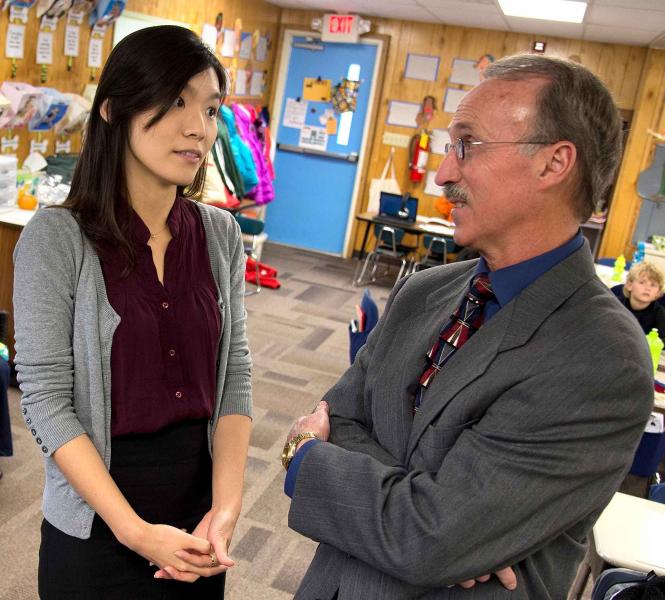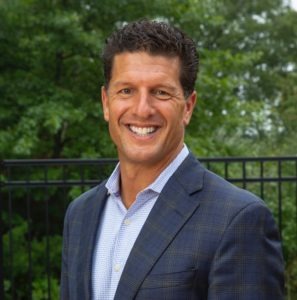Volunteering has physical benefits for seniors
Think about encouraging volunteerism among residents. A new study of adults finds that those aged 70 to 85 years who regularly volunteer are in better physical health than those aged 58 to 69 years who infrequently volunteer.
 "We looked at older adults engaging in a variety of productive activities, but there is something really distinctive about volunteering that positively affects a person's physical health," said Seoyoun Kim, the Purdue University doctoral student in sociology and gerontology who led the study, published online in The Gerontologist. (Kim is pictured, left, with sociology professor Kenneth F. Ferraro, PhD.)
"We looked at older adults engaging in a variety of productive activities, but there is something really distinctive about volunteering that positively affects a person's physical health," said Seoyoun Kim, the Purdue University doctoral student in sociology and gerontology who led the study, published online in The Gerontologist. (Kim is pictured, left, with sociology professor Kenneth F. Ferraro, PhD.)
Analyzing data collected in 2005 and 2006 from 1,790 people aged 57 to 85 years, researchers looked at physical health and activities such as volunteering, caregiving, community engagement and employment of independent-living people. The study assessed health using a biomarker, C-reactive protein (CRP), which increases with aging; higher amounts of the protein indicate health problems such as cardiovascular and chronic disease.
They found that CRP was about 15 percent lower for people who had volunteered several times during the previous year than it was in those who had not volunteered during the same time period. CRP was lowest among those who volunteered several times per week, and the researchers did not find any negative consequences for those who volunteered the most.
"Volunteering helps many people see what is important in life and how fortunate we are,” says Ferraro, the study’s other author. “Having the feeling that you are making a difference in a person's life is powerful, and our own problems may not seem so important. I also think volunteering is special because one gets to select the nature of volunteering. You are not coerced; you have some choice in it.”
See other content by this author here.

Lois A. Bowers was senior editor of I Advance Senior Care / Long-Term Living from 2013-2015.
Related Articles
Topics: Activities











